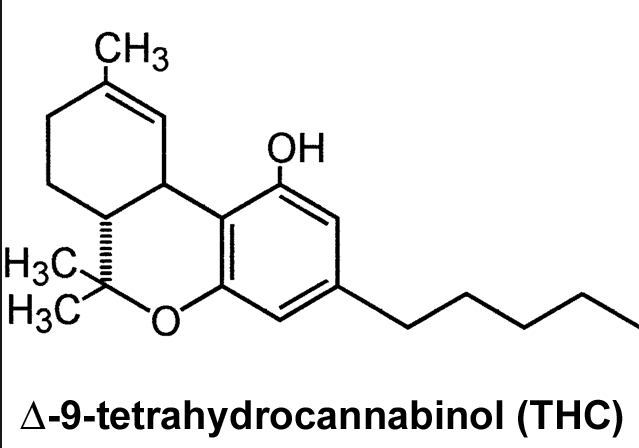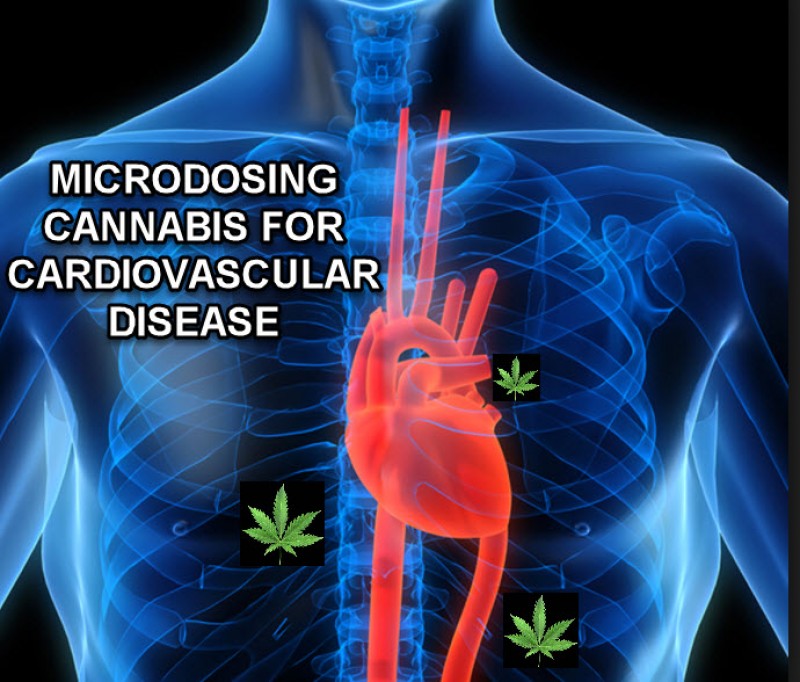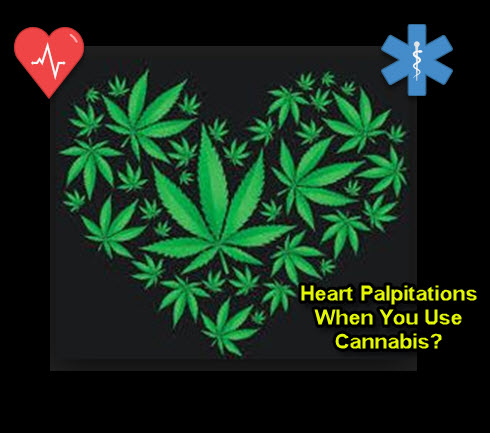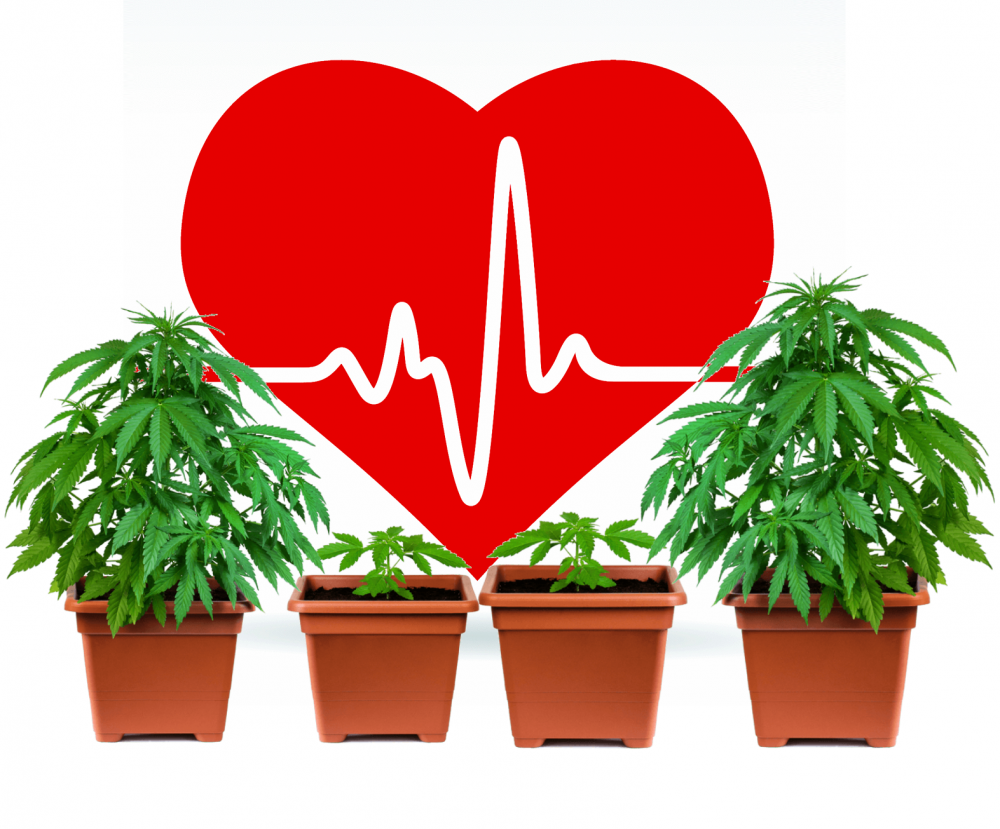MICRODOSING CANNABIS FOR CARDIOVASCULAR DISEASE
Fighting Heart Disease By Marijuana Microdosing from CannabisNet on Vimeo.
Cardiovascular problems are a leading cause of death, and have even claimed more lives than cancer. Heart attacks can strike suddenly and without warning, although most heart problems can be avoided by preventing atherosclerosis.
Atherosclerosis is a heart condition characterized by the hardening and narrowing of the arteries. This occurs from the accumulation of fat on the blood vessel’s inner cell lining, called the endothelium. When fat builds up this in turn leads to an inflammatory response from the immune system which will cause even more damage to the arteries. Atherosclerosis is a very common contributing factor to life-threatening heart conditions including strokes and heart attacks.
The exact cause of atherosclerosis isn’t known although smoking cigarettes, high blood pressure, high glucose levels, and high cholesterol levels contribute to one’s risk. Changing one’s diet and getting regular exercise is effective in preventing or slowing down the progression of atherosclerosis although patients still commonly seek out medication such as blood thinners and statins, which are used to lower cholesterol levels. Blood thinners may be life-saving but they are not without side effects such as prolonged bleeding, bleeding gums, nosebleeds, bloody urine or feces, and unusually heavy menstruation.
However, cannabis can be a safer, natural alternative.

How Cannabis Can Help
The cardiovascular system has several cannabinoid receptors, which leads experts to think that cannabis can play a major role in keeping the heart healthy. We now have significant evidence that tells us that cannabinoids found in cannabis can help prevent atherosclerosis. Cannabinoids are critical for regulating the immune system and acting as an anti-inflammatory agent. Inflammation is a major aspect of atherosclerosis, and cannabinoid use may slow down the progression of this heart disease.

In a 2005 study, scientists revealed that taking low doses of THC orally was effective in inhibiting progression of atherosclerosis in the mice subjects. They found that 1mg/kg of THC administered daily yielded the most significant improvements; and this amount of THC is much lower than what is needed to produce a psychoactive buzz. The study also concluded that the THC worked to decrease the inflammatory response in the immune system and was critical in supporting the anti-inflammatory benefits for heart disease.
Another common factor that increases one’s risk for atherosclerosis is endothelial dysfunction, which is also affected by the presence of cannabinoids. Research shows that activating the CB2 receptors is beneficial in reducing the number of endothelial-related issues such as health problems caused by high glucose diets including fat accumulation in both human and animal models of atherosclerosis.
Additionally, other studies also show that cannabinoids are effective in protecting against ischemia-reperfusion injury, which is caused by inflammation when blood supply is returned to oxygen-deprived tissue. This commonly occurs after a patient suffers from brain trauma or a stroke, which leads experts to think that medical cannabis can be beneficial for patients who are recovering from these conditions.
However, some studies suggests that patients who are already sick with cardiovascular conditions may benefit more from using strains that are high in CBD instead of THC. This is because while CB1 and CB2 receptors are present throughout the cardiovascular system, activating these receptors might actually aggravate atherosclerosis especially in patients who are already in poor health. This is because THC activates CB1 receptors in the brain that can contribute to increased pulse rate and blood pressure, which can increase the risk for heart attack and stroke especially if cannabis is consumed through smoking because this impairs blood oxygen supply for the heart.

Cardiac patients are better off avoiding strains that are high in THC and can benefit from using CBD strains instead to prevent and treat atherosclerosis.
More research on the use of cannabis for treating and preventing heart conditions is needed, although it’s clear that traditional methods of consuming cannabis may not be the best way to benefit from the plant’s medicinal properties. More doctors are prescribing edibles and vaporizers as a safer and healthier way to consume cannabis especially for patients who are already sick.
Studies also show that various cannabinoids have their own effects on atherosclerosis; THC will act on CB1 and CB2 receptors while CBD is thought to act on CB2 receptors only.
Have you used cannabis to prevent or treat heart disease? Share your experience with us in the comments below!
OTHER STORIES YOU MAY ENJOY...
HEART PALPITATIONS AND CANNABIS, WHY YOU FEEL THEM, CLICK HERE.
OR..
IS MARIJUANA BAD FOR YOUR HEART, LET'S LOOK AT THE HEADLINES?
OR..
IS CANNABIS GOOD FOR HEART CONDITIONS, READ THIS.









